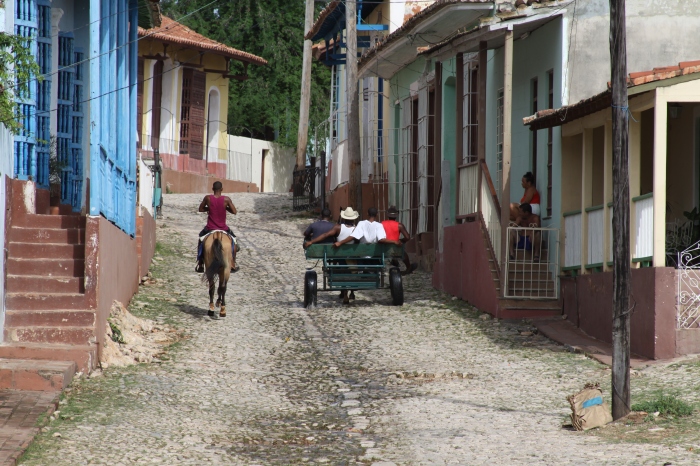On 18 March 2011, Syrians across the country drew inspiration from the Arab spring and took to the streets demanding peace, human rights and democratic reform. Not only did these calls go unheeded; the government, which had ruled through terror since 1970, also responded with extreme force. Today, a little over ten years since the uprising began, Syria remains one of the most precarious states in the world, and in urgent need of further international action.
No mercy
President Bashar al-Assad and his ruling regime showed no mercy in the response to the demonstrations, using enforced disappearance, torture, extrajudicial execution, and extreme military force, including aerial bombardment, heavy artillery and chemical weapons. The government was quick to portray the uprising as a fundamentalist Sunni movement that threatened minorities, and what began as a peaceful uprising swiftly degenerated into a full-blown military conflict with a prominent sectarian aspect.
President Assad had long presented himself as a secular leader who protected minorities and promoted modernity and inclusion, casting any opposition as backward and sectarian, but it is worth noting that the Assad regime regularly fostered and used extremist groups to destabilise neighbouring countries such as Iraq and Lebanon. The regime also released hundreds of extremist prisoners at the beginning of the uprising in order to undermine it, many of whom joined Al Qaeda, Islamic State (IS) and other extremist militia.
Continue reading “The Syrian Uprising: A decade on” →




